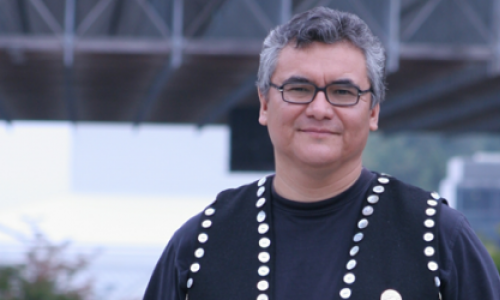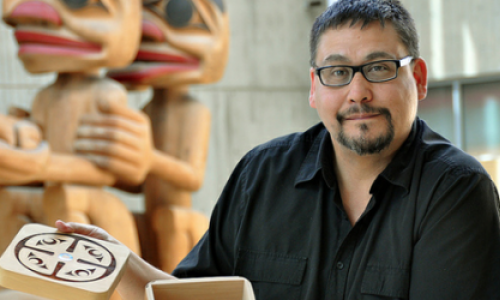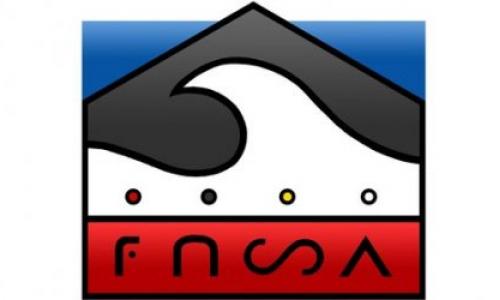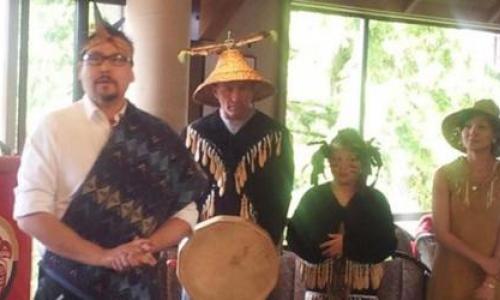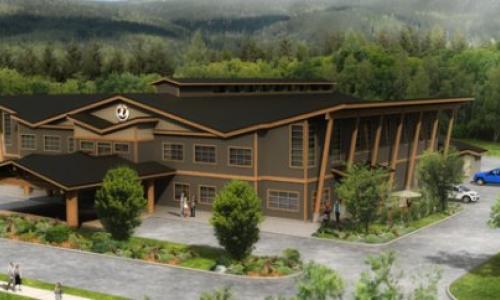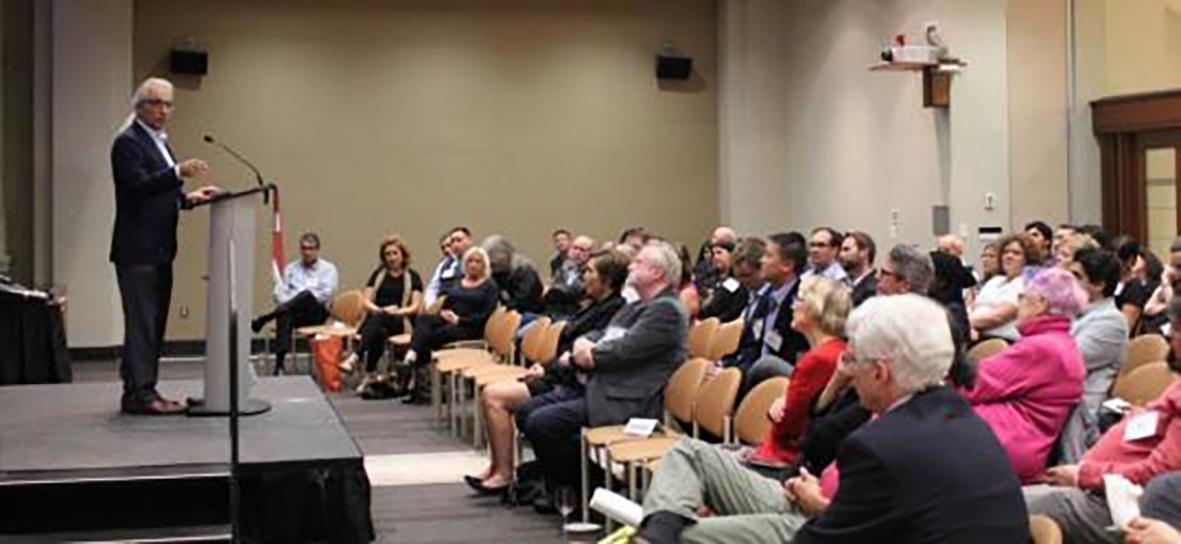
Aboriginal leader Phil Fontaine, former National Chief of the Assembly of First Nations, delivered a dynamic presentation on resource development and Aboriginal peoples during the fall semester at the Segal Graduate School of Business.
The packed audience included students from the second cohort of the Beedie School of Business’ Executive MBA in Aboriginal Business and Leadership (EMBA ABL). During his opening remarks, Fontaine noted how impressed he was during discussions earlier in the day with students in the EMBA ABL program.“I had an incredible visit with a number of outstanding students,” he said. “It was most inspirational, but they also intimidated me—they are so bloody smart.”
Fontaine said tremendous progress has been made in the last few decades in improving relations between Aboriginal peoples and resource development companies, with the idea of sustainable development as a key goal. He says there is hope that this trend will continue. Previously published in Beedie News Room October 2015
Tremendous progress has been made in the last few decades in improving relations between Aboriginal peoples and resource development, caused by what can be described as, “A seismic shift in attitudes from both sides.” And though the future is clouded in uncertainty, there is cause for hope that this trend will continue.
That was the message delivered in a special presentation at the Segal Graduate School on September 29 by Aboriginal Canadian leader Phil Fontaine, former National Chief of the Assembly of First Nations.Fontaine delivered an engaging speech, Resource Development and Aboriginal People – A Viable Option? to a packed audience, which included students from the second cohort of the Beedie School of Business’ Executive MBA in Aboriginal Business and Leadership (EMBA ABL).
In opening, Fontaine remarked how impressed he had been when engaging with the students from the EMBA ABL earlier that day. “I had an incredible visit with a number of outstanding students here at this institution,” he said. “It was most inspirational, but they also intimidated me – they are so bloody smart.”Touching on the executive summary of the Truth and Reconciliation Commission, Fontaine stated that it might be an appropriate preface for the topic of discussion.
He noted that the report represents an historic moment for all indigenous survivors – and indeed, all indigenous people everywhere – and that it validates their struggle.Discussing the evolving difference in attitudes, Fontaine claimed that the vocabulary and narrative has changed for Aboriginal peoples in relation to resource development and their place in the creation of wealth for Canada. He said that it was not so long ago that Aboriginal leaders never used words such as ‘ownership’, ‘joint ventures’, or ‘collaborative undertakings’, but instead used terms such as ‘jobs’, or ‘training’.
The new narrative, he said, was more positive and reaffirming.“We have come to accept, indeed embrace the many possibilities – possibilities that can result in a positive transformation of our peoples,” he said. “There isn’t a development anywhere in the country that does not impact on the rights and interests of aboriginal peoples.”Throughout a spirited presentation – followed by an even more spirited question and answer session – Fontaine touched on numerous topics, including the approximately 200 court decisions favourable to the rights and interests of Aboriginal peoples; that Aboriginal peoples are sadly still the most impoverished group of peoples in the country; the controversial Site C dam project; and the lack of understanding of First Nations’ perspectives, as evidenced by the media reaction to the discovery of the Northern Ontario Ring of Fire.His overall message however was positive: that there has been great progress made, and that by working in unison and through appropriate consultation, there is no reason that further progress can not be made in relations between resource development and Aboriginal peoples.
“There is a notion that Aboriginal peoples are anti-development, when in fact we are very pro-development – but it must be responsible development,” said Fontaine. “This means protecting the environment, which is not an easy proposition when you talk about resource development. I believe that if we work together and are really committed to collaborative undertaking that we can actually make a real difference. I am so hopeful, and excited about the possibilities.”
Beyond the Blog
-
Find out more about the Executive MBA in Aboriginal Business and Leadership
-
View photos from the Phil Fontaine event










